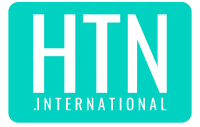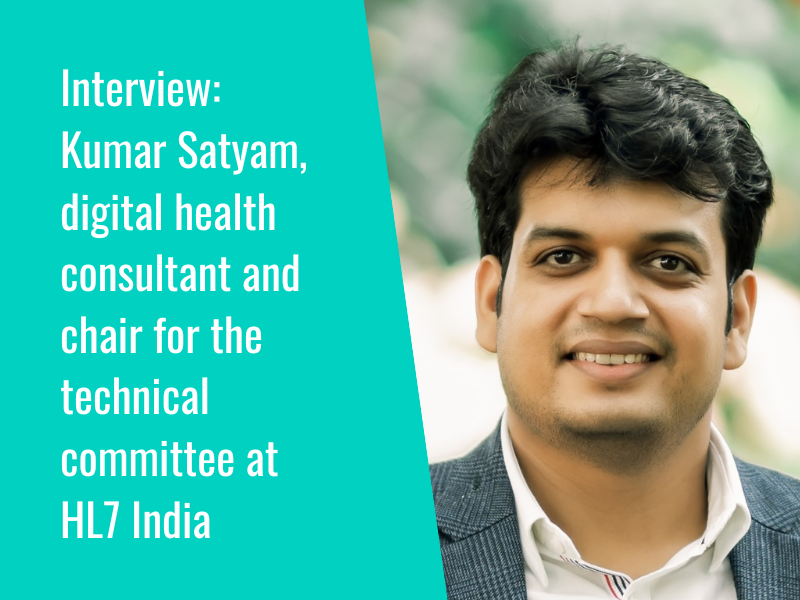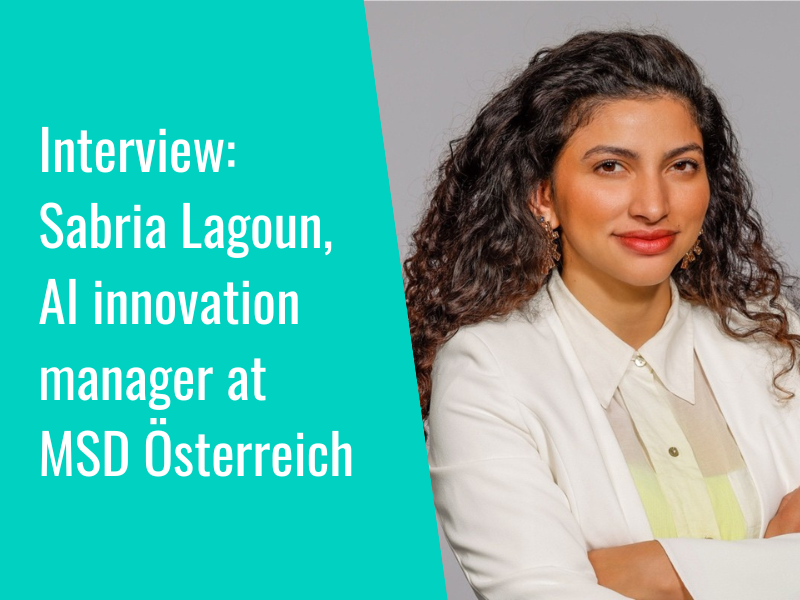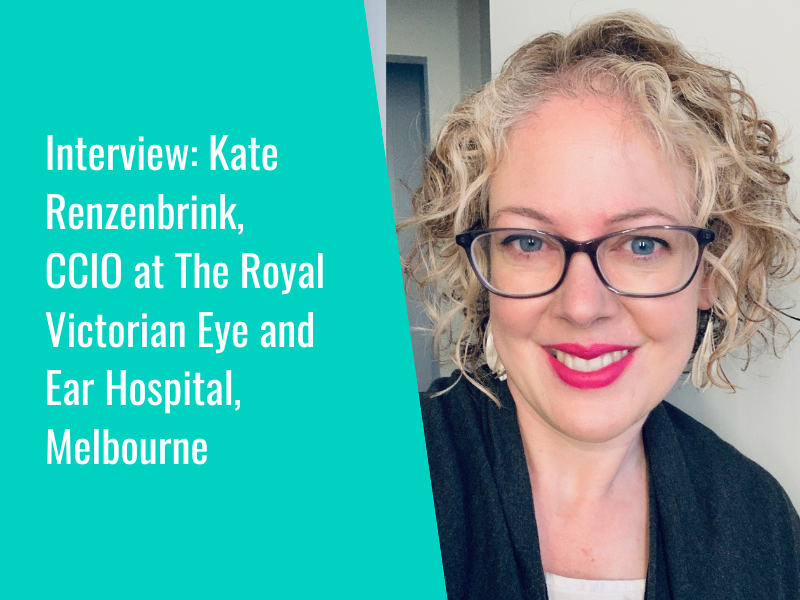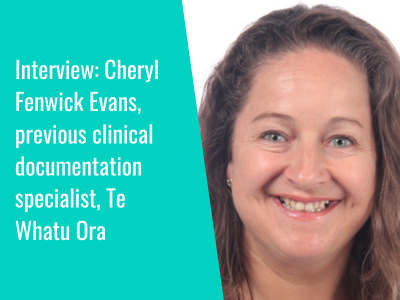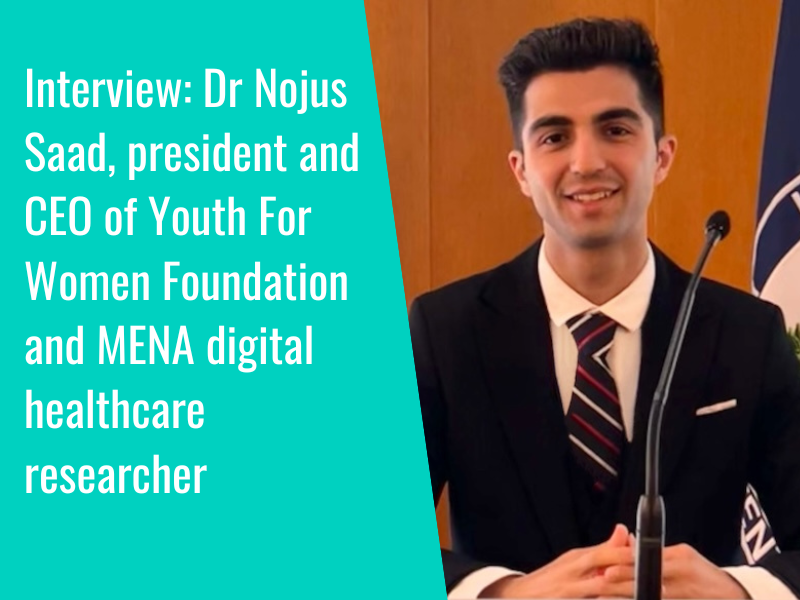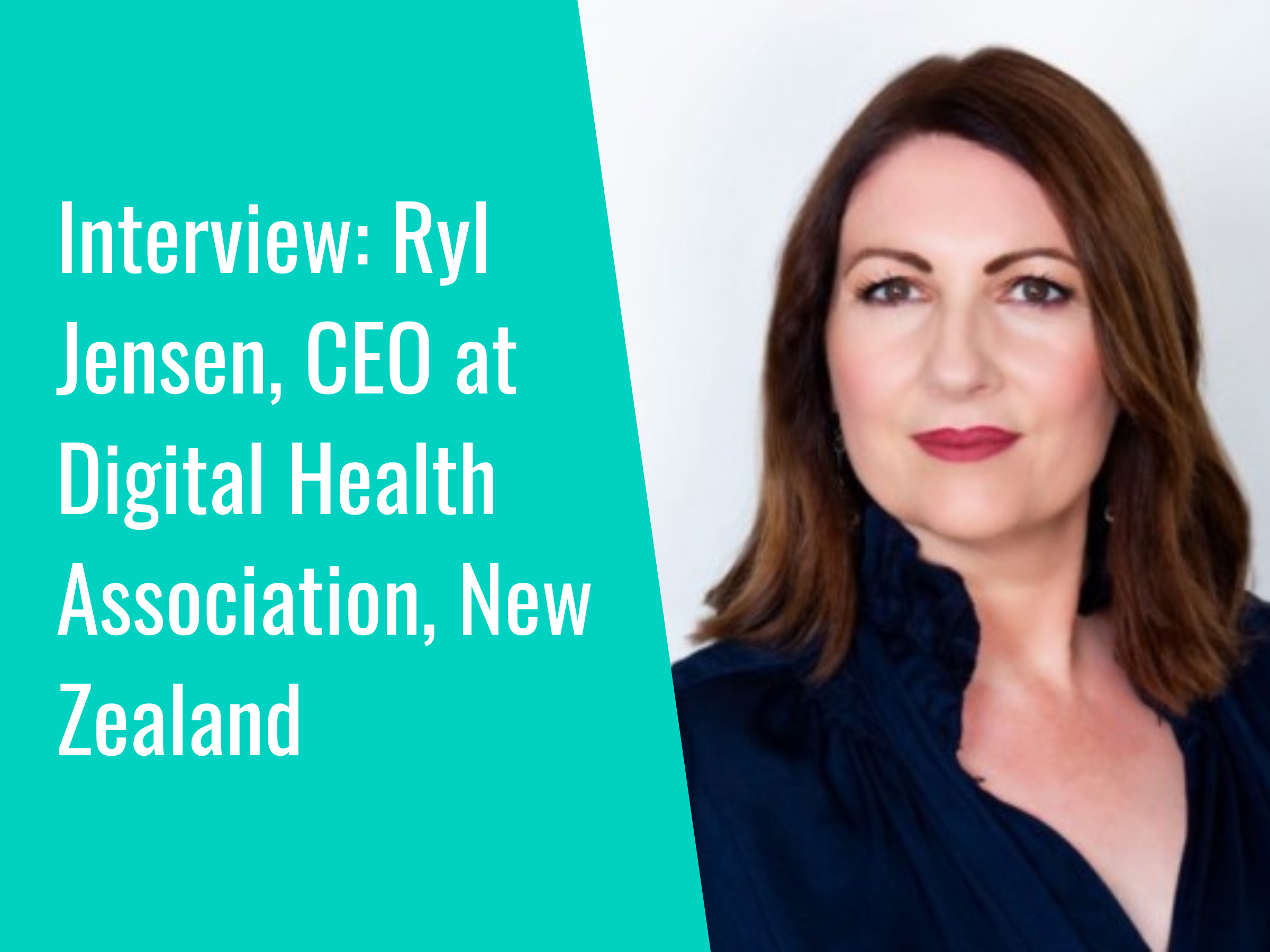Lunit, a deep learning-based medical AI company based in South Korea, has announced the signing of a Scheme Implementation Agreement to acquire Volpara Health Technologies, a company focused on AI-enabled software for early detection of cancer, in a move which would bring together AI expertise, data and capabilities.
The agreement states that Volpara shareholders will have the opportunity to vote on the proposed Scheme in early Q2, and that “if all conditions are satisfied, the proposed Scheme is expected to be implemented in Q2 2024”.
Lunit’s current solutions include a tool which can detect suspicious legions in mammograms, automatically analysing and generating quantitative density assessment during breast screenings; as well as an AI solution for chest x-ray, designed to detect ten abnormal radiologic findings, potentially speeding up diagnosis and reducing overall reading time through optimised workflow.
Based in New Zealand with an office in Seattle, Volpara’s AI-powered software focuses on the personalised screening and early detection of breast cancer. The company reports that it has analysed almost 100 million mammography images and assessed the breast composition of more than 17.3 million women in 41 countries, to date.
“Lunit’s acquisition of Volpara signifies a pivotal moment in our commitment to advancing global cancer diagnostics,” said Brandon Suh, CEO of Lunit. “Volpara’s AI-powered mammography solutions, operational in over 2,000 U.S. medical sites, would catapult Lunit into the forefront of the American market.”
Brandon added that “what sets Volpara apart is not just its market presence but the depth of knowledge embedded in its development process. With a robust repository of over 100 million high-quality mammogram images, Volpara’s contribution would supercharge Lunit’s AI capabilities, paving the way for groundbreaking solutions in medical imaging. This alliance would position us to lead innovation in cancer diagnostics and therapeutics, benefitting healthcare professionals and patients alike.”
In related news, a journal published recently in The Lancet Regional Health Europe has explored “the discriminatory performances of an AI-based risk model in European screening settings”, with a nested case-control study finding that the AI risk model “showed generalizable discriminatory performances across European populations and, predicted ∼30% of clinically relevant stage 2 and higher breast cancers in ∼6% of high-risk women who were sent home with a negative mammogram”.
- 1
- 2
